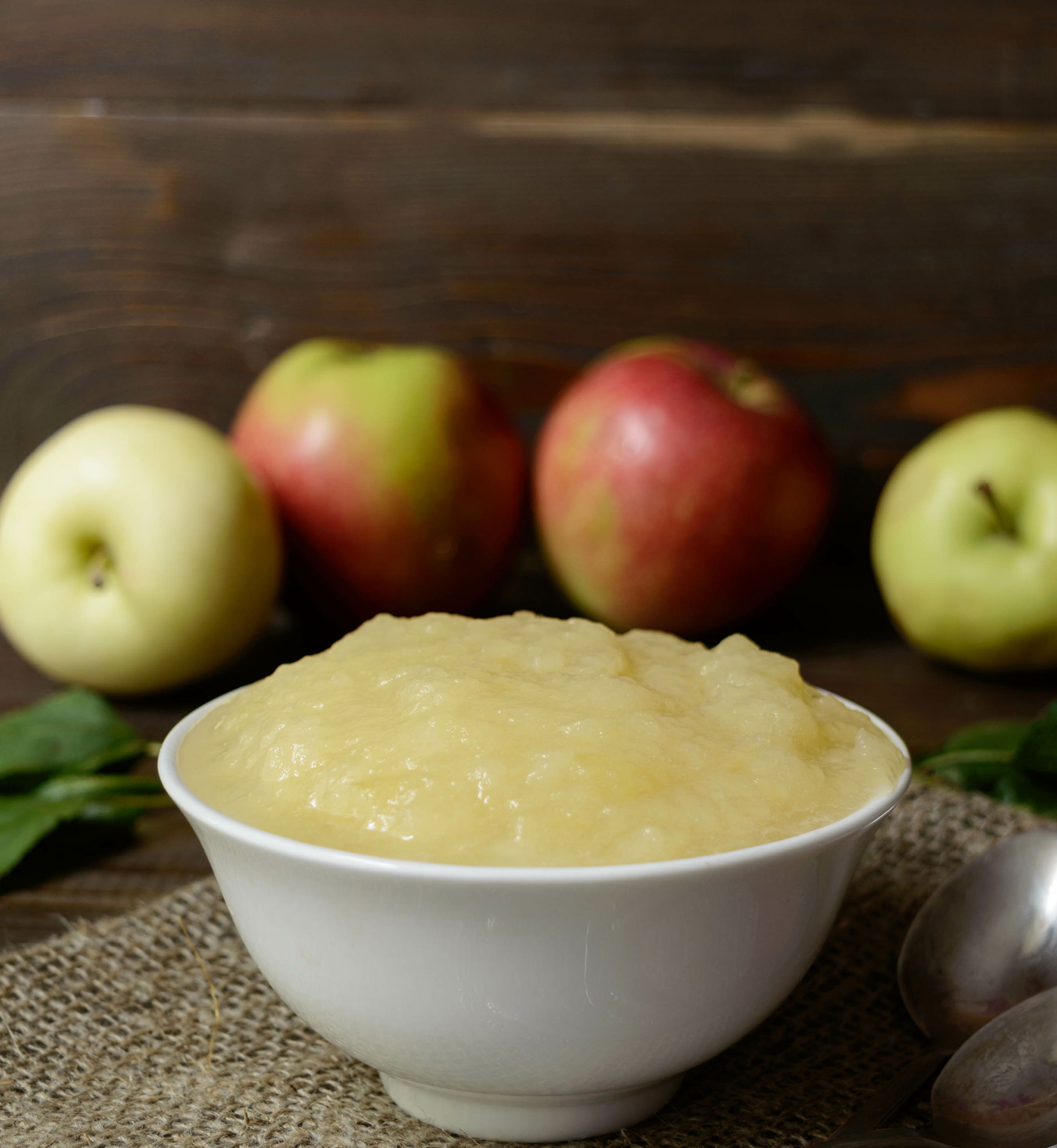Apples Are Not the Source of Heavy Metal Contamination
Executive Summary
Three brands of cinnamon applesauce pouches – all using the same manufacturer in Ecuador – were recalled in late 2023 due to lead and chromium contamination in the cinnamon. The Food and Drug Administration (FDA) investigation into the matter found that the apple ingredients were safe for consumption and did not test positive for any contaminants. The contamination occurred in the cinnamon ingredient, which contained elevated levels of lead and chromium. The FDA suspects that the cinnamon was intentionally adulterated for economic gain. Both the cinnamon processor and cinnamon applesauce manufacturer were based in Ecuador; the products were exported to the U.S. There have been 100 confirmed cases of lead toxicity.
Recall Details
Lead
In late October and early November 2023, three companies recalled their cinnamon applesauce pouches due to lead in the cinnamon used in the products. The Food and Drug Administration (FDA) investigation confirmed that they all used the same manufacturer (Austrofoods) and cinnamon supplier (Negasmart), both located in Ecuador.
The companies involved in the recall are:
Chromium
In January 2024, FDA determined that, in addition to lead, the cinnamon in the recalled products also contained a high level of chromium. Due to limitations in available testing methods, FDA was not able to definitively determine the form of chromium in the cinnamon apple puree sample (whether the chromium present was chromium (III) or chromium (VI)).
The lead-to-chromium ratio in the test is consistent with that of lead chromate (which contains chromium (VI)), but this is not a definitive indicator that lead chromate, or chromium (VI) – the more toxic form of chromium – was present.
While the effects resulting from ingesting lead-contaminated food is relatively well researched, the effects of eating food contaminated with chromium (VI), as a constituent of lead chromate, are not well understood. The chromium (VI) in lead chromate may also be converted to chromium (III) (the less toxic form of chromium) due to the acidity of the applesauce and the stomach.
Apple ingredients safe for consumption
The investigation by the FDA has established that the apple ingredients used in all three products were safe for consumption, with no lead or chromium detected. Only the apple products with cinnamon as an added ingredient tested positive for elevated levels of lead and chromium.
There have been a number of congressional and media inquiries into this issue, and USApple has ensured those offices understand these products did not come from the U.S. and that the apples themselves were not contaminated.
How was the cinnamon contaminated?
Most alarming, the FDA’s leading hypothesis is that the cinnamon was intentionally contaminated by someone in the foreign supply chain for economic gain. Spices are typically sold by weight and color. Adding lead (a heavy metal) makes a spice heavier, and adding chromium can give the spice a “better” color – thus making the product appear higher in value.
According to the Centers for Disease Control and Prevention, lead chromate has been used in the past to adulterate turmeric and other spices.
In February 2024, Edcuadorian officials reported to FDA that Carlos Aguilera, of Ecuador, was the processor of the ground cinnamon supplied by Negasmart to Austrofoods and later used in the recalled apple cinnamon products. It is reported that he is not in operation at this time. According to the Ecuduarian officials, the unprocessed cinnamon sticks used in the recalled products were sourced from Sri Lanka and were sampled and found to have no lead contamination, suggesting it was in the processing of the cinnamon sticks where the spice was contaminated with lead and chromium. The investigation and legal proceedings to determine ultimate responsibility for the contamination are still ongoing.
The FDA has limited authority over foreign ingredient suppliers who do not directly ship product to the U.S. This is because their food undergoes further manufacturing/processing prior to export. Thus, the FDA cannot take direct action with Negasmart or Carlos Aguilera.
Apples and lead
When it comes to apples and lead, there is no known occurrence of apple products in the U.S. causing illness due to lead toxicity. Since 1990, the FDA has published an annual report on certain contaminants found in U.S. food products and no fresh apples, apple juice, or apple products have been found to have any level of lead that would be of concern.
Additionally, the FDA’s Total Diet Study from 2018-2020 also shows no lead detected in fresh apples, apple juice, and baby food applesauce.
U.S. companies sourcing fresh and processed apples do rigorous product testing and supplier verifications to prevent any lead exposure.
Apples and chromium
Chromium is present in the environment in several forms. Chromium (III) is a natural element found in rocks, animals, plants, soil, volcanic dust and gases. Chromium (III) is an important nutrient that the body needs to process certain sugars, proteins and fats.
When it comes to chromium (III), apples are often recommended as a food to consume to include chromium (III) in your diet. One medium (200-gram) apple provides 1.4 mcg of the mineral.
The National Health and Nutrition Examination Survey (NHANES) provides dietary intake data for many nutrients, but not chromium. Therefore, data on chromium intakes in the United States are limited.
Chromium (VI) is most commonly produced by industrial processes and is a toxic form of the element for both acute and chronic exposures.
There is no known occurrence of apple products in the U.S. causing illness due to chromium (VI).
Talking Points
- Apples were not implicated in the cinnamon applesauce recall – cinnamon was the source of the contamination.
- Historically, U.S. apple products have never had an issue with lead toxicity.
- The FDA’s Total Diet Study shows no lead detected in fresh apples, apple juice or applesauce.
- The recalled products were all imported from Ecuador.
- The FDA’s leading hypothesis is that the cinnamon was intentionally adulterated for economic gain.
- The FDA and Ecuadorian officials continue their investigation into the cinnamon supplier, Negasmart, and processor, Carlos Aguilera. FDA confirmed that Negasmart does not ship cinnamon directly to the U.S. and that, of Negasmart’s direct customers, only Austrofoods (the cinnamon applesauce manufacturer) ships products to the U.S.
- The unprocessed cinnamon sticks were sourced from Sri Lanka and were sampled and found to have no lead contamination – the contamination happened during the processing to ground cinnamon.
- All U.S. apple processing companies are required by law to implement controls to significantly minimize or prevent exposure to chemical hazards – including lead.
- FDA routinely tests processed apple products for lead, especially given their new Closer to Zero initiative and draft guidance on lower action levels.
- U.S. apple processors inspect the ingredients they receive from their suppliers, often using third-party laboratories that run sophisticated analyses to check for any potential hazards and make sure the ingredients meet their standards for high quality. Retail customers typically require certifications of compliance.








